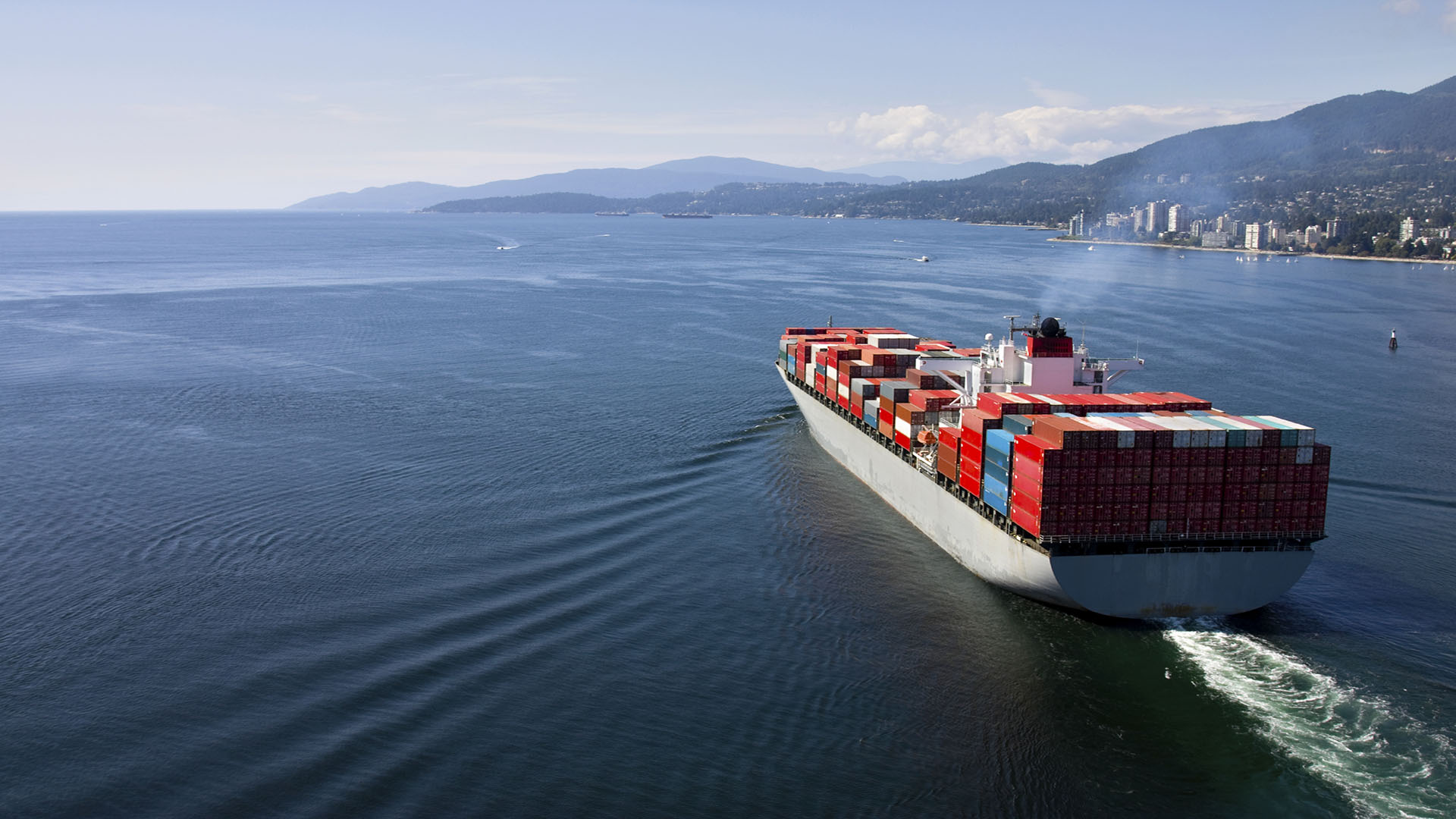
Customs Border Protection – New AMS/Carrier Bond regulations – March 5, 2004
Further to the Member alert of February 12th, 2004 the following information may assist members when considering their obligations.
U.S. Automated Manifest System (AMS) and Standard Carrier Alpha Code (SCAC)
Recent amendments to the inward manifest requirements now require all carriers to submit cargo information electronically to US Customs and Border Protection (CBP) and in advance of vessel’s arrival in the USA. A carrier must apply for its own SCAC and provide an International Carrier Bond (ICB) in its own name. For the purposes of compliance “carrier” means the bareboat charterer or the registered owner, or the manager/operator if it is clear the manager/operator has assumed the responsibilities of the day to day operation and navigation of the ship (this should be verified with the CBP in the first instances).
The SCAC Code, which provides a unique carrier ID, can be obtained from the National Motor Freight Traffic Association Inc (NMFTA) at e mail nmfta@nmfta.org and through the website www.nmfta.org. This SCAC Code must be used on ALL bills of lading irrespective of the issuing party that is, whether or not the bill of lading is issued by the owner or charterer. The exception to this is where an NVOCC ,authorized by CBP issues it’s own bill of lading, the carrier does not need to file a duplicate manifest, but the carrier must issue it’s own master bill of lading with the carrier’s own SCAC to the NVOCC.
The carrier must ensure declarations of incoming cargoes are submitted to CBP via the AMS either 24 hours prior to loading in the case of containerised and certain break bulk shipments, or 24 hours prior to arrival at the first USA port in the case of liquid, gas or dry bulk cargo. Be aware the difference between bulk and break bulk cargoes is based not only on the type of cargo but also the way it is stowed or loaded. For example, bananas stowed loosely in the hold that is not in boxes or containers will be considered bulk. Palletized boxes of bananas loaded directly into the hold will be considered break bulk. When in doubt we suggest you contact the CBP at e-mail 24hour.exemptions@dhs.gov. Exemption for making an AMS submission 24 hours before loading may be obtained for some break bulk cargo by making an application to CBP, but such applications could take two to three weeks to process, the application can be made to the previously quoted web site.
To establish a reporting method the carrier must submit a “Letter of Intent” to CBP advising how they will be filing their AMS declaration. The letter should specify the type of AMS software to be used. Alternatively the carrier may use the services of a third party provider in which case the letter must give full details of the provider. The US Office of Information and Technology has assembled a list of companies/persons offering these services and this can be downloaded from the following web site: www.cbp.gov/ImageCache/cgov/content/import/operations_5fsupport
/ams/sea_5fvendor_2edoc/v6/sea_5fvendor.doc
But keep in mind the manifest data must always be transmitted under the carrier’s SCAC Code and bond.
For further information the CBP and US Treasury web sites will provide guidance for compliance with the AMS requirements.
An ICB is required for all vessels trading to the US in order to secure payment of duties, taxes and other charges including penalties for failure to comply with the US Trade Act of 2002 and Maritime Transportation Security Act of 2002. The bond, with a minimum amount of $50,000 is to be filed with the director of the port where the vessel most frequently calls in the US. The Port Director may vary the amount required based upon size and type of vessel, trading pattern, previous history of compliance with Custom’s regulation, etc. It is therefore recommended that carriers contact the Port Director to determine the likely value of the bond required. This can either be a continuous bond covering all calls in all US ports or a single bond.
An ICB must be obtained from a Surety Company approved by the US Treasury, and a list of these companies can be obtained from the following web sites:
www.fms.treas.gov/c570/c570.html
www.fms.treas.gov/c570/supplements.html
The regulations provide for both civil and criminal penalties, as well as seizure and forfeiture of the cargo and vessel. Criminal penalties include fines and imprisonment if the Master intentionally commits any violation of the reporting and entry requirements.
It is presently understood the deadline of March 4th, 2004 will be strictly enforced with no grace period being allowed.
With existing charters members should seek agreement with the Charterers over responsibility for the costs that will be involved in complying with the CBP’s requirements and for future fixtures charter terms should be agreed to allocate the costs and responsibility in advance.
Member Alert is published by The Swedish Club as a service to members. While the information is believed correct, the Club cannot assume responsibility for completeness or accuracy.